When the Call of Duty devs finally promised to open up about skill-based matchmaking (SBMM), some community members expected wide-sweeping changes. In reality, all we got was a confirmation of the mechanic’s existence, leading to more questions than answers.
There are two camps in the skill-based matchmaking debate, but one side of the aisle is more vocal than the other. A segment of high-skilled CoD players argue that SBMM unfairly punishes them as they are forced to go up against increasingly difficult opposition if they perform better.
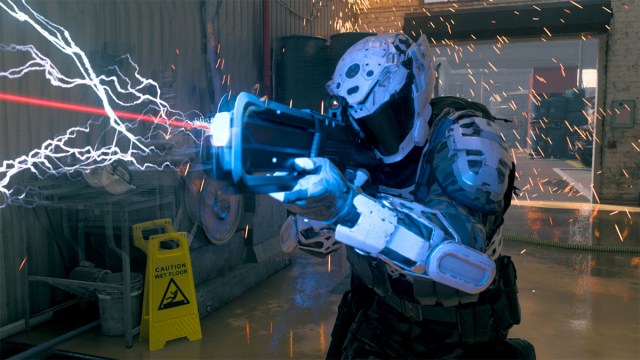
These players believe they’re stuck in an endless loop where they lead a lobby, only to get shot back down to Earth and struggle to break even the next match. Meanwhile, most users find themselves somewhere in the middle as the system tries to create a balanced experience for less-skilled players.
After years of suspicion that SBMM was the reason for this apparent loop, high-skilled players had their frustrations confirmed—and no resolution only planted more seeds of dissent.
Why does CoD use SBMM?
On Jan. 29, Activision released a blog confirming that kills, deaths, wins, losses, and more contribute to which match a player gets placed into and have been a factor in the matchmaking process since Call of Duty 4 in 2007.
In defense of SBMM, Activision argued that it set out to create an even experience where the top and bottom players on the scoreboard don’t have too wide of a gap in ability, and wins and losses happen regularly for everyone.
At the end of the day, it would only hurt the multiplayer ecosystem and make matchmaking slower if players quit altogether after losing too much. This argument makes sense, but it doesn’t do enough to satisfy high-skilled players who feel like they have hit an insurmountable wall and are up against a system designed to hold them in a constant state of averageness.
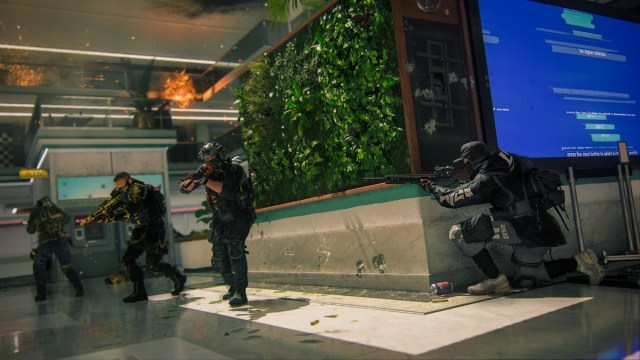
Activision acknowledged community concerns and plans to investigate ways to keep everyone engaged. “We also understand that many high-skill players want more variety of experience but often feel like they only get the ‘sweatiest’ of lobbies,” the devs explained.
Now that the cat is out of the bag regarding SBMM, Activision has its hands full in following through on that promise to appease high-skilled players.
How does CoD find the right balance for SBMM?
CoD is left with the impossible task of finding a way for people to accept SBMM after players have blamed the system for years as the root of their shortcomings.
Activision claims to have run tests over the years to determine if removing skill from matchmaking could ever be an option. But those trials only confirmed the team’s belief that the player population takes a hit when players lose too frequently, according to Activision.
In saying that, it also reaches a point where high-skilled players lose interest when they can’t display their full talent or see the fruits of their labor. Even if the vocal minority isn’t necessarily correct in wanting the ability to dominate lobbies, prioritizing casual players more just to keep them engaged feels like a slap in the face to some.
In the pursuit of playing against weaker competition, SBMM bred a manipulative practice called reverse boosting. Players will intentionally perform poorly to face weaker enemies in the next match, jeopardizing SBMM’s integrity. Soon, players won’t need to rely on shady practices as alternative FPS options are on the horizon, like XDefiant, which is set to offer multiplayer with no skill-based matchmaking.
By no means does CoD have to go that route and forego years of fine-tuning and scrap its matchmaking system well over a decade in the making. But alienating passionate fans and making them feel like their input doesn’t carry the same weight as less-skilled players is a dangerous line to tread.
Some high-skilled players who return every year without questions will interpret this blog as Activision favoring casual players because the silent majority contributes more to CoD being a best-selling game every year, and that’s what’s more important to the publisher.
It’s highly unlikely that die-hard fans will abandon ship after all these years and jump into uncharted waters on a different title. Yet this blog failed to do enough to offer any meaningful answers after all these years of waiting, and those seeds of dissent will only grow if a definitive path forward isn’t shared soon.


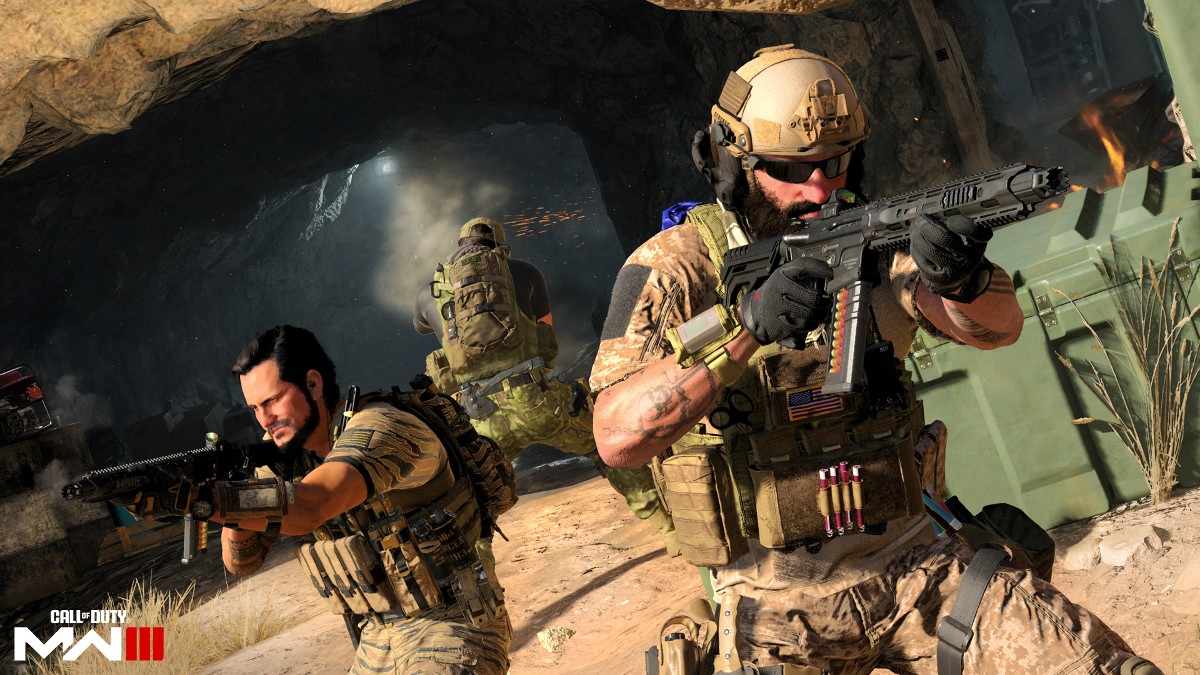





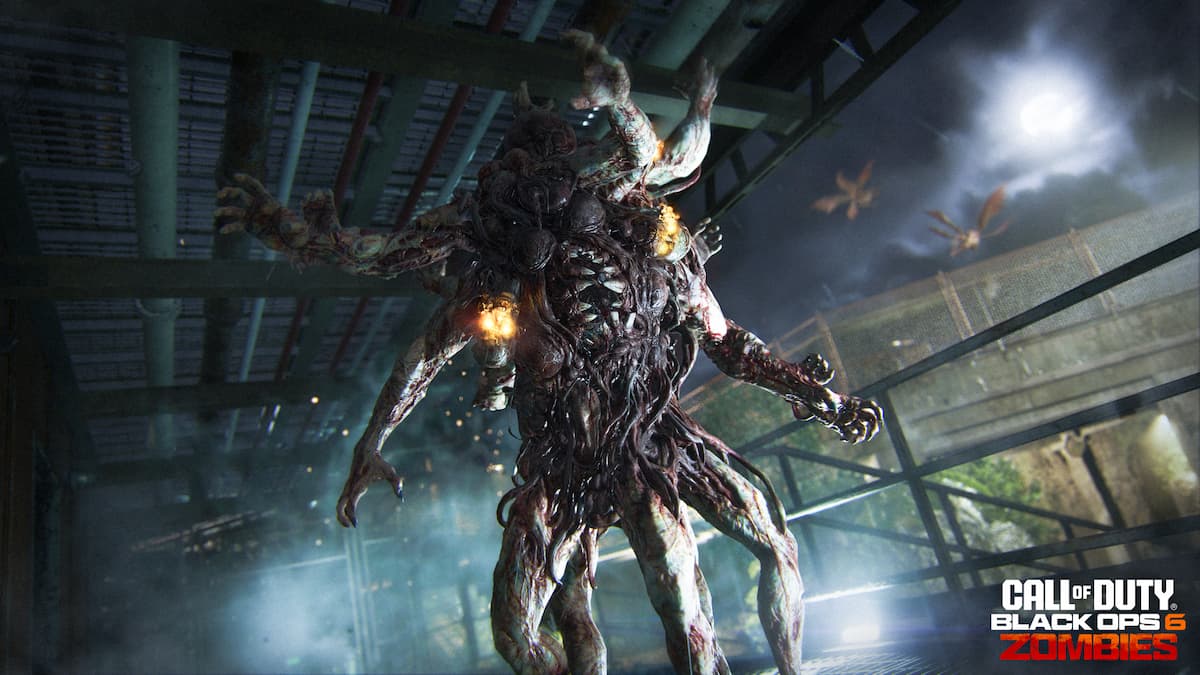

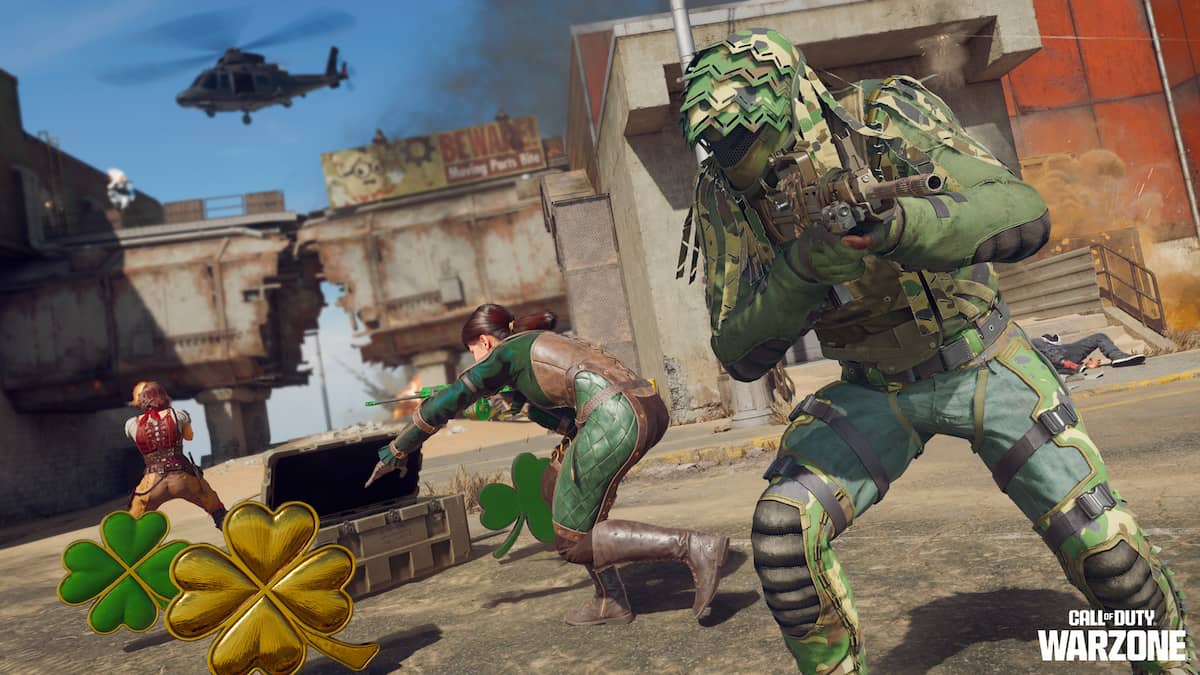

Published: Jan 30, 2024 05:08 pm